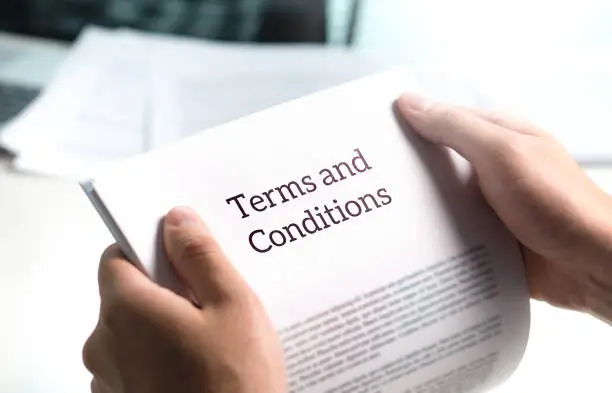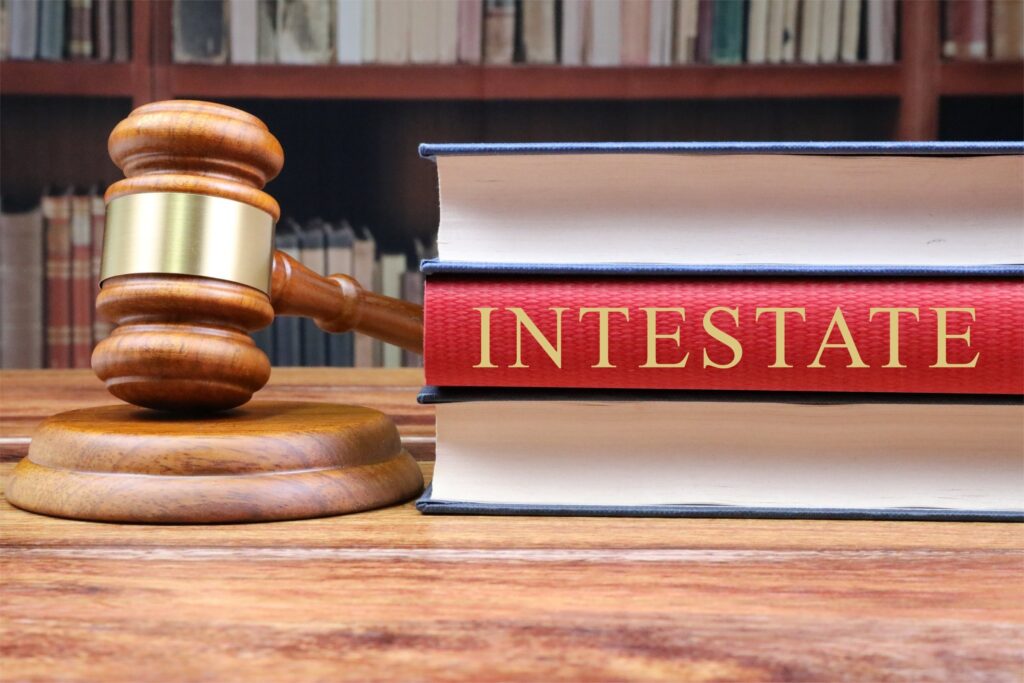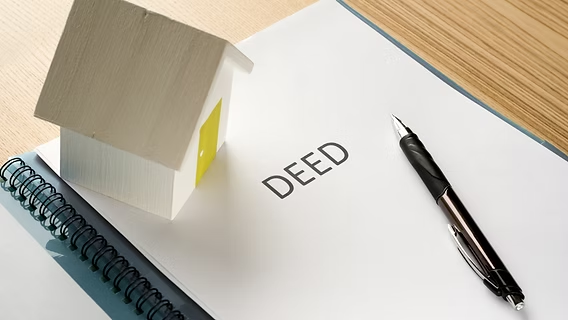When someone passes away, the probate process in Texas is used to settle their estate, including any real estate they owned. However, with the growing popularity of solar energy, many homes now come with solar panel agreements, adding another layer of complexity to an already detailed process. For executors or beneficiaries dealing with real estate that have existing solar panel agreements, understanding how these contracts affect probate is critical. This article breaks down what you need to know about handling solar panel agreements while probating real estate in Texas.
Understanding the Basics of Solar Panel Agreements in Texas
Solar panels are increasingly common in Texas due to the state’s sunny climate and energy-conscious homeowners. Typically, solar panels are installed under one of three types of agreements:

- Solar Lease Agreements: Homeowners lease the panels from a company and pay a monthly fee for the energy produced by the panels.
- Solar Power Purchase Agreements (PPA): Homeowners agree to purchase the energy generated by the panels from a solar provider at a set rate, usually cheaper than traditional electricity.
- Solar Panel Purchase Agreements: Homeowners own the solar panels outright after purchasing them, either by paying in full or through financing options.
Each contract has specific terms, and understanding them is essential when the property owner dies. Let’s explore how these agreements affect the probate process.
Step 1: Identify the Solar Panel Agreement
Before diving into probate, the estate’s executor or the beneficiaries must identify the type of solar panel agreement in place. Look for any contracts in the decedent’s records, such as:
- Lease agreements with solar companies
- Financing documents for purchased solar panels
- Utility bills showing payments under a power purchase agreement
Understanding the specific type of agreement will help you determine whether the solar panels are considered part of the estate’s assets or whether they represent an ongoing financial obligation.
Step 2: Reviewing the Terms of the Solar Panel Agreement

After identifying the agreement, it’s time to carefully review the terms. Solar panel contracts, especially leases or PPAs, often include clauses related to what happens if the homeowner passes away. Here are a few key aspects to consider:
- Transferability: Can the agreement be transferred to the beneficiaries or new owners of the home?
- Buyout Options: Does the contract offer a buyout option if the beneficiaries prefer to end the agreement?
- Early Termination Fees: Are there penalties for terminating the agreement early, and how are those calculated?
- Liability Transfer: Who is responsible for continuing payments, and can the solar company hold the estate liable if payments lapse?
In many cases, solar companies have specific clauses that govern what happens when the property is transferred due to death. Understanding these clauses is crucial for executors and beneficiaries.
Step 3: Notify the Solar Company
Once the agreement terms are understood, the executor must contact the solar panel company to inform them of the property owner’s passing. Most companies will have protocols for dealing with the transfer of agreements upon the death of the homeowner. Be prepared to provide the company with:
- A copy of the death certificate
- Documentation proving the executor’s authority (Letters Testamentary from the probate court)
- Any relevant court filings that show the property transfer is part of the probate process
The solar company will then provide you with options for how to handle the contract moving forward. They may suggest transferring the lease or PPA to the heirs or offering a buyout for the equipment.
Step 4: Determine the Estate’s Liabilities and Assets
After notifying the solar company, the executor needs to assess whether the solar panels and the associated agreement are a liability or an asset. For example:
- Leased Panels: If the panels are leased, they represent an ongoing liability to the estate. The executor must decide whether to continue paying for the lease until the property is sold or transferred.
- Owned Panels: If the panels are owned outright, they are an asset of the estate and may add value to the property.
The key here is determining whether the estate has enough assets to cover any ongoing payments, especially if the property will remain in the estate for an extended period before being sold or transferred.
Step 5: Selling or Transferring the Property with Solar Panels
If the real estate is to be sold or transferred, the executor or beneficiaries must account for the solar panel agreement during the sale. Here’s how this can play out depending on the type of agreement in place:
Selling a Property with a Solar Lease or PPA
For properties with leased solar panels or a power purchase agreement, the buyer must be informed of the existing contract. In most cases, the new owner must agree to take over the lease or PPA. Here are some considerations:
- Assumption of the Agreement: Buyers will need to agree to assume the lease or PPA, meaning they will be responsible for continuing the payments.
- Negotiation of the Purchase Price: Depending on the lease terms, solar panels can either add value to the home or deter buyers who don’t want the ongoing obligation. This may require negotiation on the purchase price.
- Consent from the Solar Company: Some solar companies may require the buyer to qualify for the lease or PPA. This means the buyer’s creditworthiness may be reviewed.
Selling a Property with Purchased Solar Panels
If the solar panels are fully owned, they can increase the property’s value. Potential buyers may view the home as energy-efficient and appreciate the savings on energy bills. However, some factors to consider include:
- Warranties and Maintenance Agreements: Be sure to provide any documentation related to warranties or maintenance contracts to the buyer.
- Negotiating the Price: Since owned solar panels typically add value, you can incorporate this into the home’s sale price. Buyers will likely be drawn to the lower energy costs and environmental benefits.
Step 6: Distribute the Property According to the Will
If the real estate with solar panels is being passed to heirs instead of being sold, the executor must ensure that the beneficiaries are fully informed of the solar agreement. They may need to:
- Assume responsibility for any ongoing payments under a lease or PPA
- Decide whether to buy out the lease, terminate the agreement, or transfer it to another party
- Take over ownership of the solar panels if they are part of the estate’s assets
It’s essential to keep open communication with the heirs to make sure they understand the financial implications of inheriting a property with solar panels.

Step 7: Addressing Tax Implications
While probating real estate in Texas, executors must also consider the potential tax implications. Solar panels can impact the estate’s value, which may, in turn, affect estate taxes or property taxes. Texas does not have a state estate tax, but if the estate is large enough, federal estate taxes may apply. Additionally, beneficiaries should consider how solar panels might affect the future property tax value if they plan to keep the home.
Conclusion – A Delicate Balance
Probating real estate in Texas is a detailed process, and adding solar panel agreements into the mix makes it even more complex. Executors and beneficiaries must take a careful approach, understanding the legal and financial obligations that come with solar agreements. By following the steps outlined in this article, you can navigate the process with confidence, ensuring that both the probate proceedings and solar agreements are handled smoothly.
Remember to consult with a probate attorney or real estate professional for guidance tailored to your specific situation. With proper planning and communication, you can successfully manage the probate of real estate with solar panel agreements in Texas.








